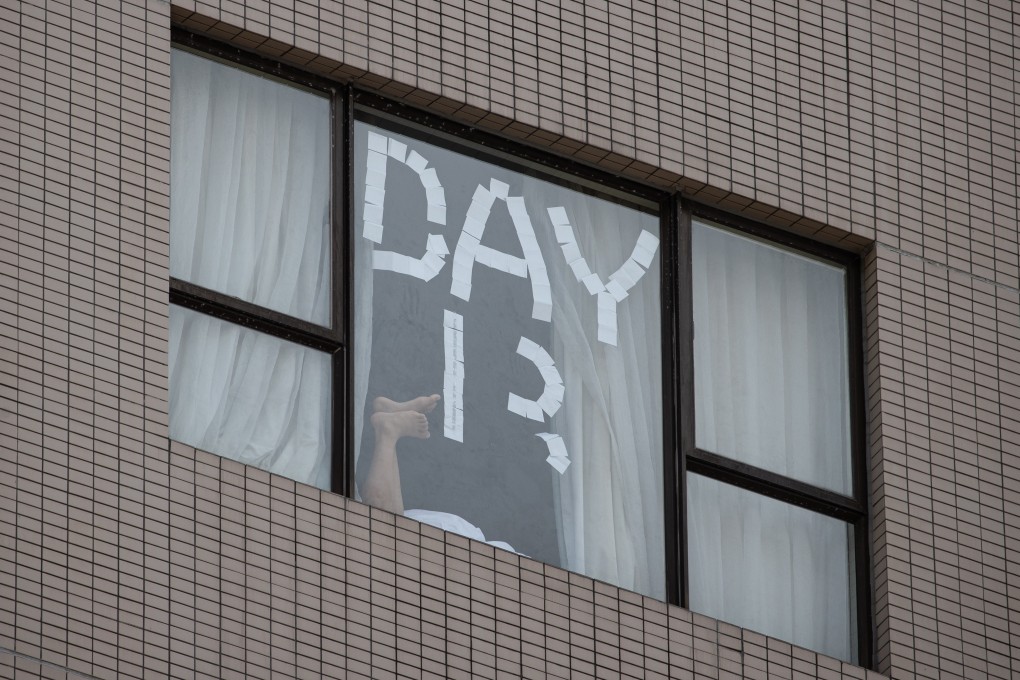Letters | Hong Kong’s Covid-19 quarantine and tests: publish data to prove need for strict rules
- Readers discuss Hong Kong’s requirement of multiple Covid-19 tests, US-China war of words over Taiwan, Hongkongers leaving for the UK and children’s fitness

It is well past the time for the government to scientifically and logically justify its policies on testing and quarantine of this large group of people by publishing data on Covid-19 cases detected in the programme.
Where T is the travel date, the tests are conducted on T-2, T, T+3, T+7, T+9, T+12, T+16, T+19 and, for Class A only, T+26.
The tests include a test within 72 hours of departure to Hong Kong, an airport test upon arrival, multiple tests during the quarantine period in a hotel, and multiple post-quarantine tests after the hotel quarantine period. The exception is Group A, which has just one post-quarantine test.
The pre-departure and airport tests make sense. The tests in hotel quarantine range from two to six, all of which are conducted while the traveller is isolated. What is the justification for more than two tests – one after arriving in the hotel room and one before leaving?
If the risks from certain countries are considered lower, why subject the travellers from those countries to almost the same number of tests as travellers from countries designated as significantly more risky?